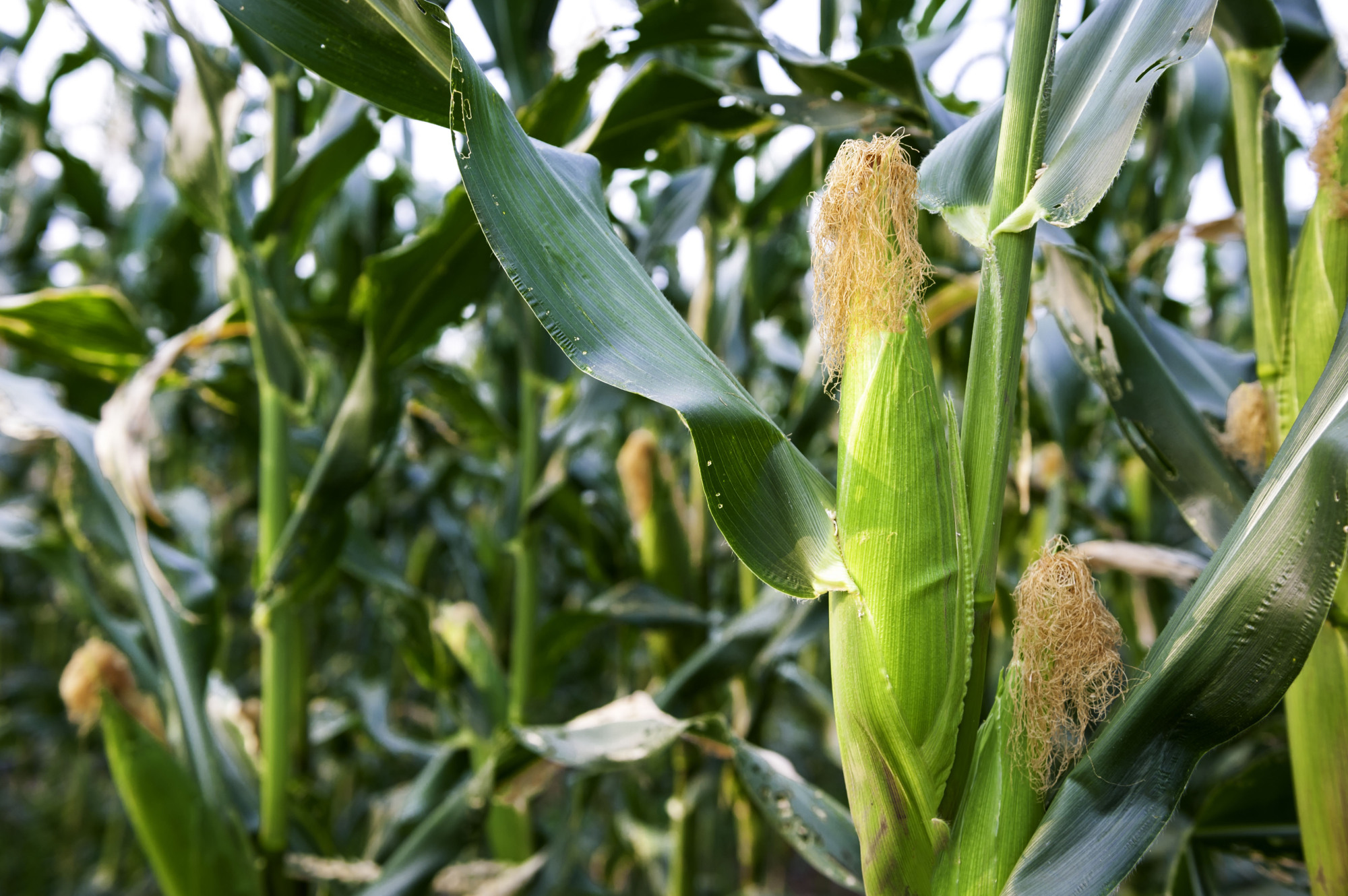A team of 37 scientists has designed a diet for the long-term future, and the good news is that it doesn't require anyone to eat insects or soylent green. There's nothing dystopian about it, but some nutrition experts are still turning up their noses at the plan, which was designed to minimize environmental degradation while still feeding the 10 billion people expected to inhabit the planet by 2050.
The main complaint: The EAT diet, published in The Lancet last month, is padded with lots of corn and soy, and would ask people in first-world countries to make a drastic cut in their average consumption of meat, dairy and eggs. There's a bitter aftertaste of the 20th-century government-recommended diets high in carbohydrates and low in fat, which are now considered a factor in skyrocketing obesity and Type 2 diabetes.
Critics quickly blasted The Lancet authors' claims that meat is harmful to our health, or that vegan diets are better for the human body. They point out that scientific studies to date give mixed results and are based on hard-to-interpret evidence rather than controlled experiments.



















With your current subscription plan you can comment on stories. However, before writing your first comment, please create a display name in the Profile section of your subscriber account page.